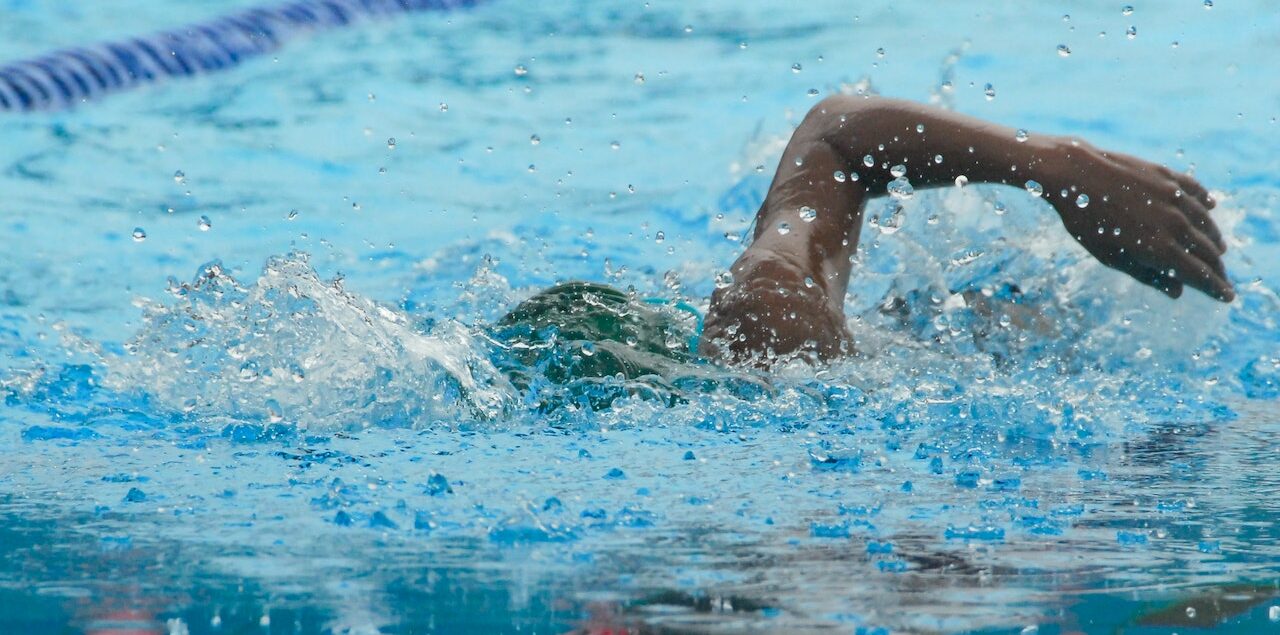Swimmer’s Shoulder – What Do I Do?
It is often said that swimming is one of the safest forms of exercise. For the most part, that’s true – it’s easy on the joints and can be instrumental in the recover process after an injury. Unfortunately, though, even low impact activities can lead to discomfort, pain, and injuries. Swimmer’s shoulder is a condition experienced by recreational and competitive swimmers alike.
How Swimmer’s Shoulder Develops
Swimming centers around repetitive movements. Poor form, overtraining, and a lack of recovery time can make those repetitive movements start to hurt. The shoulder is an extremely mobile joint, and it need support from the surrounding muscles and ligaments. Pushing past the discomfort is a bad idea. Swimming with a sore shoulder can lead to rotator cuff tears, cartilage damage, and tendonitis.
Concerned you might be developing swimmer’s shoulder? The first sign if often pain that radiates along the back of your shoulder. You may experience reduced range of motion, reduced strength, and muscle imbalance when compared to the other shoulder. These are all red flags that you should take as a warning sign to take a break from swimming for a bit.
Treating Swimmer’s Shoulder
If you’ve arrived home from the pool with a sore shoulder, the best course of action is to apply ice for about 20 minutes. Use anti-inflammatory medications like ibuprofen over the next few days. Take a rest from swimming, too – at least 24 to 48 hours is recommended. Wait a few days until you’re pain-free to resume your workouts.
These treatments options are typically effective for minor shoulder pain, but they’re often not enough to resolve every kind of issue. If you’re still experiencing discomfort after a few days of rest, medicine, and ice, it may be time to seek the help of a physical therapist. Rehabilitation exercises can strengthen weak muscles and get you back in fighting shape.
If you’re fairly certain you’re suffering from swimmer’s shoulder, it’s important not to delay treatment. It is said that every day you swim with a bad shoulder is another additional day you’ll need to spend rehabbing your muscles. Allow the professionals at Physical Therapy Partners to guide you through the recovery process as quickly and as pain-free as possible!

